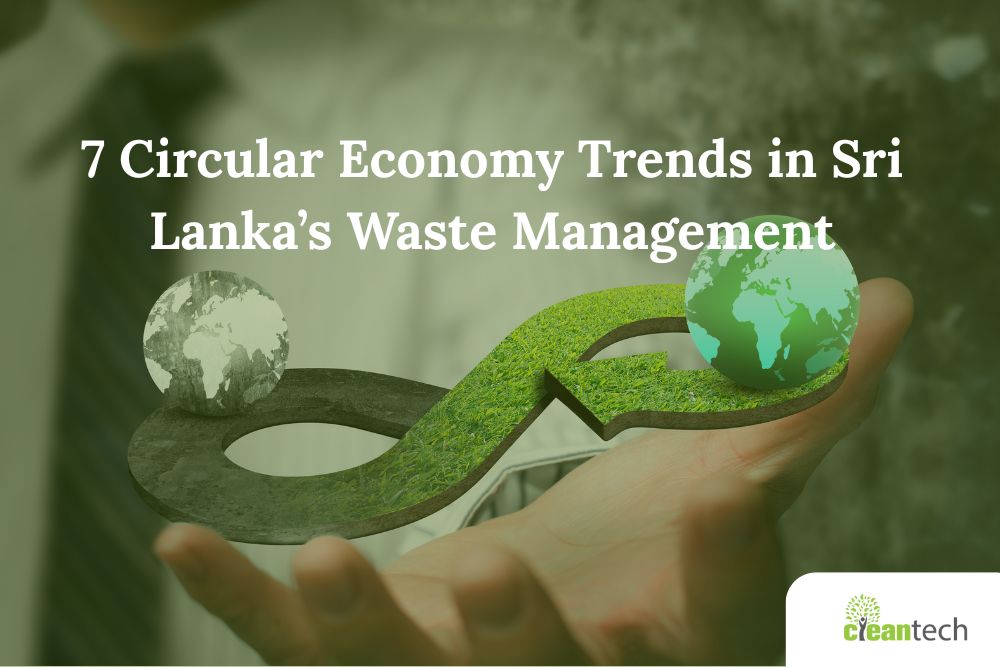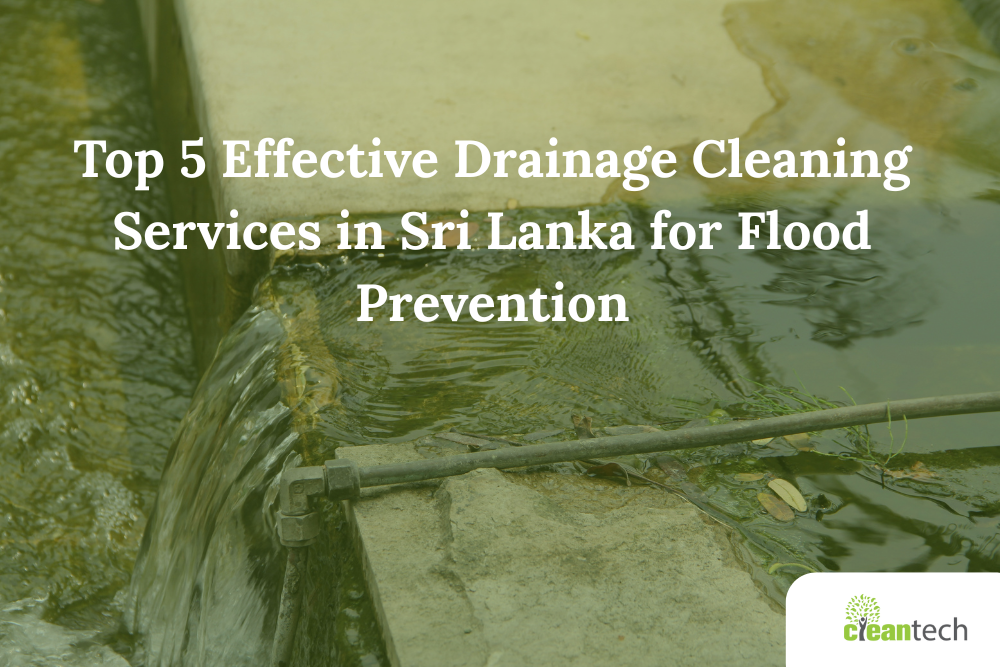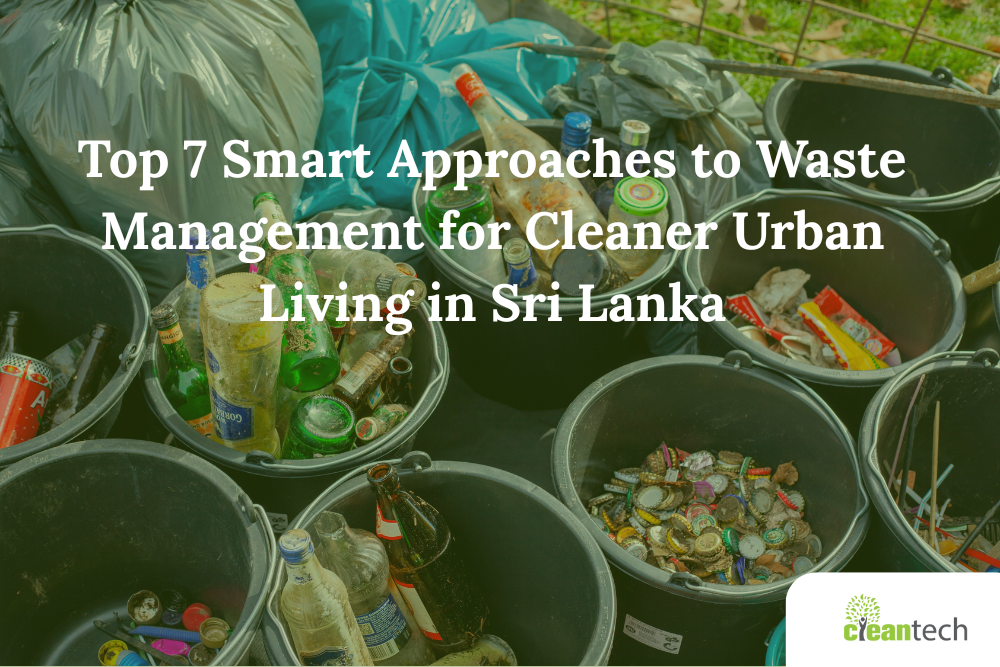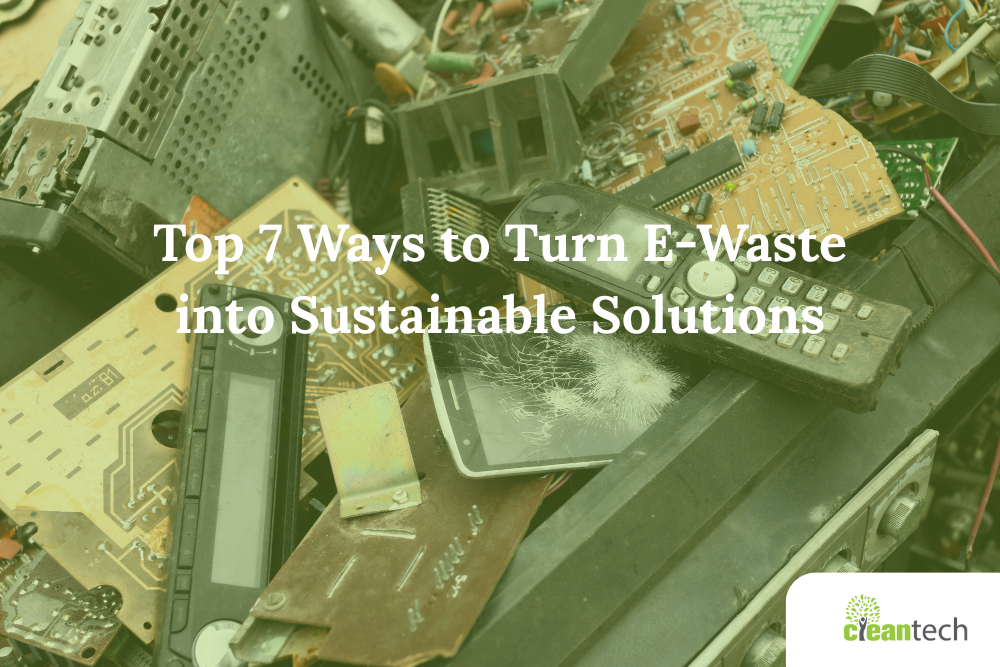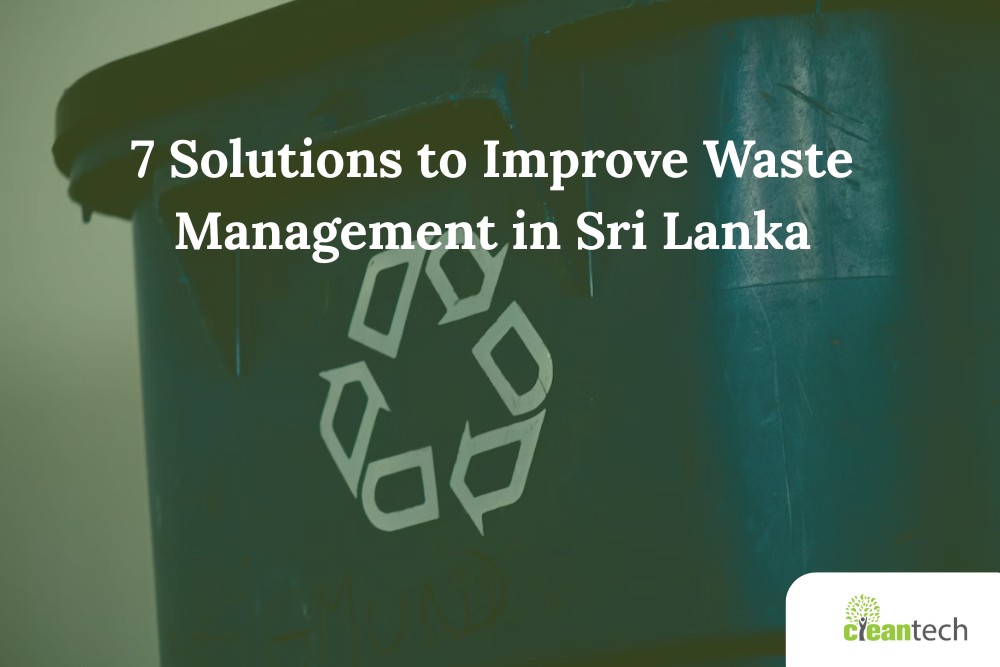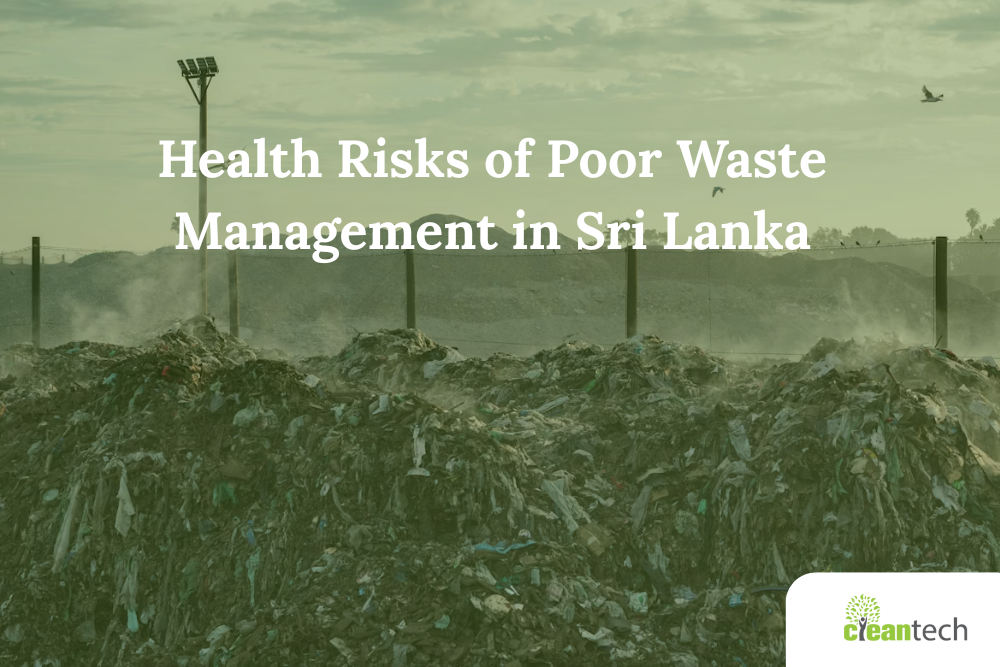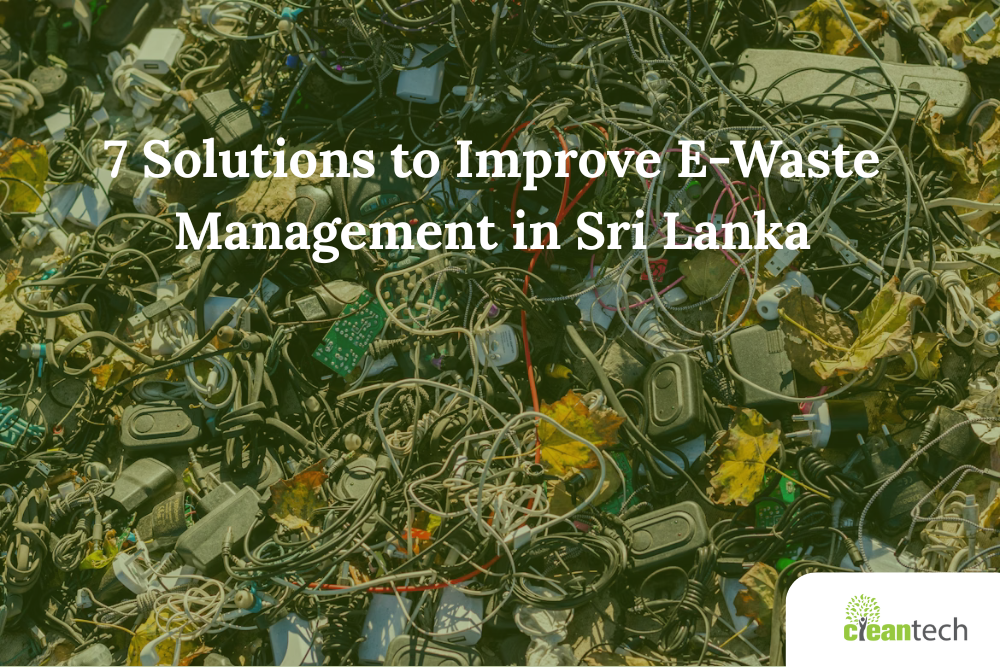
You have probably attended a large event in Sri Lanka once in your life, be it a cricket match, a beach concert or even a religious festival and realized how significant the small aspects can be. Food, music, lights, everything, and yet, toilets are something that people do not talk about most of the time. It may be a funny way of saying it, but it is so: sanitation can make or break an event.
Mobile toilets to events come in then. It is nothing like an afterthought; in fact, it is one of the most intelligent investments that an event organizer can make. They maintain cleanliness, make the guest at ease and keep everything in order. Let us explore the six largest advantages of mobile toilets for events in Sri Lanka.
1. Convenience for Guests
Suppose you are at a concert and suddenly you find that there is no toilet around. You must either walk out of the premises to find one or you must endure the remainder of the night – neither is the best. This issue is addressed by mobile toilets immediately.
In major outdoor events such as Galle Face Green, Kandy Esala Perahera processions, or even minor events such as school sports carnivals, convenience matters. Facilities that are near people make people more comfortable. And, frankly speaking, happier visitors stay more and have a good time.
As an organizer, it is one less headache. No hysterical shouts of inquiry, Where are the toilets? Only happy operations and happy attendees.
2 Hygiene & Public Health
It is not only about comfort, it is also about health. Hygiene is a real issue when a crowd of people gathers, thousands of people sometimes. This is the reason why mobile toilets are constructed. Most of them have handwashing or sanitizer dispensers, which reduce the transmission of germs.
The alternative can be messy. In rural fairs or religious meetings, individuals may be forced to use unsafe alternatives in case there are no toilets. It causes health problems among the population and harms the environment as well. Mobile toilets prevent that.
Imagine large-scale pilgrimages or even Poson festivals where mobile installations are required. Proper sanitation on the ground will imply reduced risk of diseases and a cleaner venue. It’s a win for everyone.
This connects directly to Sri Lanka’s broader sanitation goals. In fact, portable toilets are playing a key role in the country’s sanitation revolution, helping to improve public health nationwide.
3. Flexibility & Easy Setup
The most entertaining fact about mobile toilets is that they are mobile. They may be installed virtually anywhere, in open fields, beaches, car parks, or even in the immediate vicinity of temples and sports grounds. They are not permanent infrastructure; you do not need to build permanent infrastructure; they are delivered, set up and ready within a short period.
Events aren’t all the same. There are a few that have several hundred, and there are those with tens of thousands. Mobile toilets increase in proportion to the event. You can hire a small number of units to a school concert, or a large number of units to a political event or music festival.
It saves organizers time and stress as the set up is simple. No building, no tricky plumbing, but a straightforward, portable solution that is effective.
4. Cost-Effectiveness
Admittedly, most events have tight budgets. It is not economically viable to construct permanent toilets to take place during a two-day festival. It is much cheaper and much more convenient to rent mobile toilets in case of an event.
Maintenance is also less expensive. Cleaning and waste disposal are typically managed by the provider, which means that the organizers need not hire additional personnel or be concerned with maintenance in the long run.
This small community gathering is a game changer in terms of its affordability. It is financially viable even when dealing with bigger events. With temporary infrastructure costing millions of dollars, renting professional, reliable toilets that move can make guests happy and it costs less than millions.
5. Green Solutions
Mobile toilets are not identical. There are now modern units that have environmentally friendly models that minimise water consumption, or even compost waste safely. They come in particularly handy when conducting events in parks, beaches or heritage sites where environmental conservation is important.
Less pollution also implies proper waste management using mobile toilets. Rather than the garbage and human waste being deposited in rivers or fields, they are collected and treated the correct way. That minimizes foul odors, flies, and permanent harm to the event venue.
Sustainability is a buzzword in the event industry of Sri Lanka as well. Environmentally conscious sponsors and viewers will like it when the organizers make efforts to reduce their footprint. Providing sanitation that is friendly to the environment is among such small yet effective actions.
6. Greater Event Reputation and Guest Experience.
Consider the last occasion you attended. What do you remember? You would likely not have even thought about it, especially when the toilets were clean and easy to approach. But when they are lost or dirty that leaves an impression.
Guests associate good management with good sanitation. It demonstrates that organizers are concerned with the comfort and dignity of the attendees. Respectability created by that good impression is beneficial in making future arrangements or securing sponsors.
In the case of weddings, corporate parties or international events, professionalism is all that matters. The availability of the right mobile toilets will send the signal to guests (local or foreign) that organizers are committed to quality.
How to Choose the Right Mobile Toilets for Events
Not every event needs the same setup. A small wedding by the beach might only need a couple of luxury mobile units with handwashing basins. A big sports tournament in Colombo will need dozens of standard units scattered around.
When choosing, think about:
- Number of guests
- Type and length of the event
- Accessibility (elderly guests, kids, disabled access)
- Location (rural vs urban, indoor vs outdoor)
It’s also important to hire a provider who doesn’t just drop off the toilets but also maintains them during the event. A good provider will clean regularly, restock supplies, and manage waste disposal responsibly.
Conclusion
Sanitation isn’t always the first thing organizers think about, but it should be. From convenience and hygiene to cost savings and reputation, the benefits of mobile toilets for events in Sri Lanka are too big to ignore.
Sri Lanka’s event culture is vibrant and diverse from cultural parades to modern festivals. To keep that energy alive and positive, proper sanitation has to be part of the plan. Mobile toilets make it possible, practical, and affordable.
So next time you attend a big gathering, take a moment to appreciate the quiet hero behind the scenes: those neat little mobile toilets that keep the whole thing running smoothly.
Yes, when maintained properly. Providers usually handle cleaning and ensure waste is disposed of safely.
A general rule is about 1 toilet for every 50–60 people for shorter events. For longer ones, you may need a few extra.
Pretty much yes as long as there’s access for delivery trucks and safe ground to place them.
Yes, some providers offer water-saving or composting units designed with the environment in mind.
Prices vary by type and duration, but renting is always far cheaper than building permanent setups.
Most do. Always check when booking, but good providers include cleaning and restocking services in their packages.

